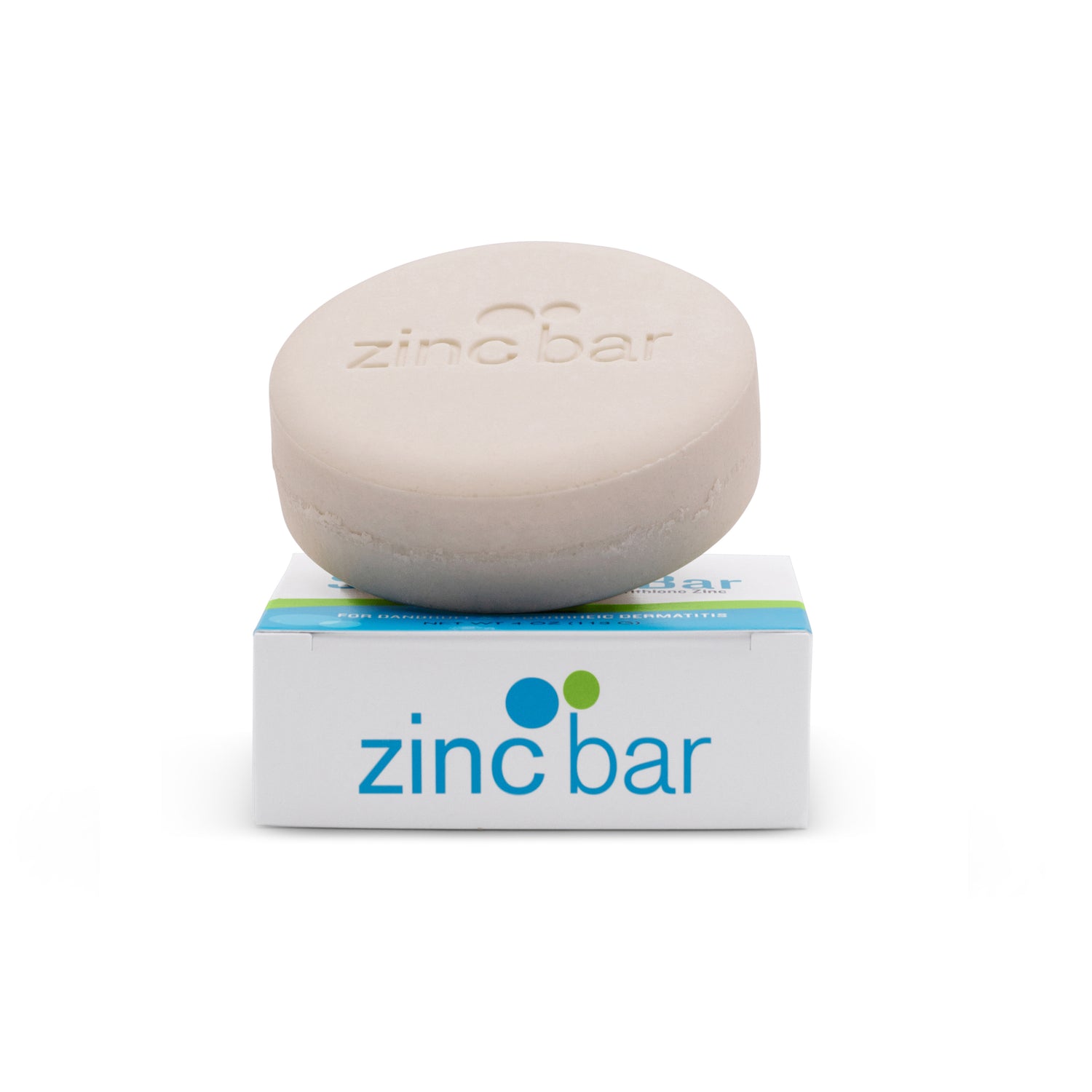Selenium
Selenium is an essential micronutrient needed for the health of our body. It is synergetic with vitamin E, which means these two nutrients improve one another's efficacy when combined, delivering powerful antioxidant properties. Selenium is a cofactor for the reduction of antioxidant enzymes such as glutathione peroxidases and thioredoxin reductase. It plays a role in the functioning of the thyroid gland by participating as a cofactor for thyroid hormone deiodinase. Deiodinase is an enzyme important in the action of thyroid hormones.
A few recent studies have linked selenium deficiency to cancer. Dietary selenium has been shown to prevent chemically induced carcinogenesis in many rodent studies. Selenium may help prevent cancer by acting as an antioxidant or by enhancing immune activity, or both. Selenium is necessary for a healthy immune system, heart and blood vessels.
Selenium deficiency can also lead to a weakening of the heart referred to as Keshin disease. It can also lead to Kashin–Beck disease, a condition described as causing atrophy, deterioration and necrosis of bone and cartilage tissue. Although selenium deficiency is rare, it is vitally necessary to include in our daily diets.
The richest dietary source of selenium is Brazil nuts. This trace element can also be found in lobster and crabmeat, other nuts, apples, cereals, egg, meats and fish.
Health benefits of selenium
- Interacts with Vitamin E
- Powerful antioxidant that protects the cells from the damage caused by free radicals
- Assists in cell growth
- Needed for healthy immune system
- May fight or prevent certain types of cancer
- Helps maintaining healthy heart and blood vessels
Recommendations
- RDI/AI – 55 mcg per day
- UL – 400 mcg per day

